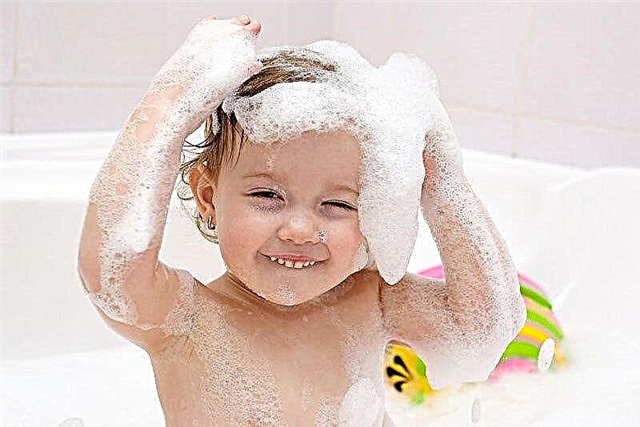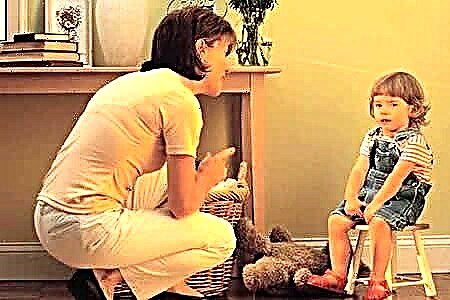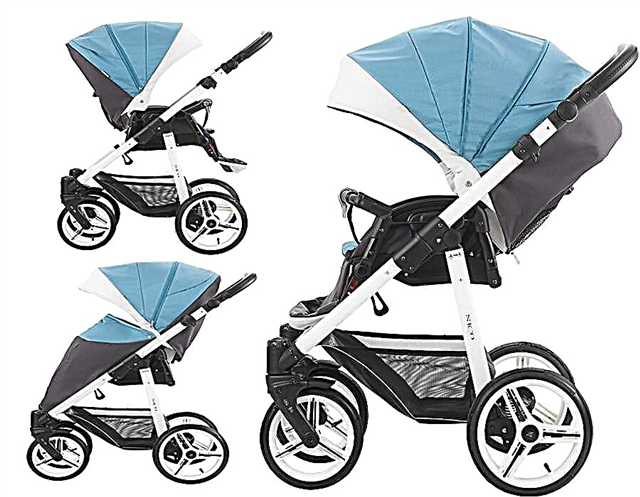If the child pees frequently, this is one reason to worry. Yesterday, the baby had a good night's sleep, he played actively during the day, and today he asks to use the toilet every hour, he began to urinate in his pants when he sleeps, or even began to complain of pain when urinating. A baby in the first months can be pee more than twenty times - he does not know how to control this process. What to do when the child is no longer small, he is 3-4 years old, and he began to run to the restroom more often? All questions are answered in the article.
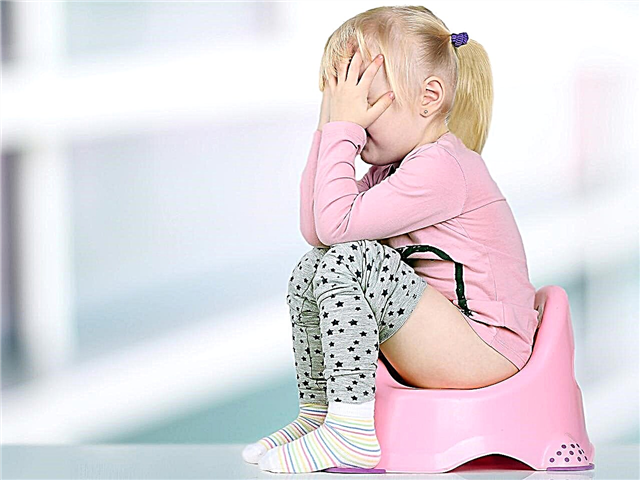
Constant urge to use the toilet disturbs babies
Urination rates
Babies not only pee, but also defecate often enough. Over time, the process of urination, like defecation, becomes less frequent.
Urination rate for children
| Age | Frequency of urination per day (times) |
|---|---|
| Newborn baby - 6 months | 20-25 |
| From six months to a year | 15-17 |
| 1-3 years | 10-12 |
| 3-7 years old | Up to 9 |
| 7-10 years old | Up to 7 |
| After 10 years | 5-7 |
Important! The beginning of a full-fledged work of urinary excretion in a child occurs only at the age of 14. At this age, the kidneys are able to actively filter the blood entering them, separating urine in certain volumes.
Difference for boys and girls
Pediatricians differ in their opinion. Some people believe that it is not so important, boy or girl, there is a certain rate of urination that is suitable for all children. For example, a baby should not have less than 10 peeses per day.
However, given the physiological differences, it is believed that boys are more likely to urinate than girls. The latter may have 2-3 less pee per day, this is a natural process.
Why does the child often pee
When a child constantly wants to write, he becomes anxious, in some cases hesitates about this and worries that he will be scolded.
In some cases, the situation evens out immediately after correcting nutrition, drinking, and psychological conditions in the house. However, it is worth carefully monitoring all changes in order to diagnose the violation in time and begin treatment.
Features of a physiological nature
If the child began to walk often to write, this is most often associated with physiological pollakiuria (it is not attributed to any disease and is considered harmless).
What factors affect the frequency of urination in this case:
- The kid began to drink a lot of water, juices, tea. It should be clearly tracked why the baby feels thirsty. If this is due to physical activity or against the background of the summer heat, then do not worry. When the child began to drink more, and before that the parents did not observe, it is necessary to check for diabetes mellitus or diabetes insipidus.
- The kid takes drugs with a diuretic effect: diuretics, antiemetic, antiallergic.
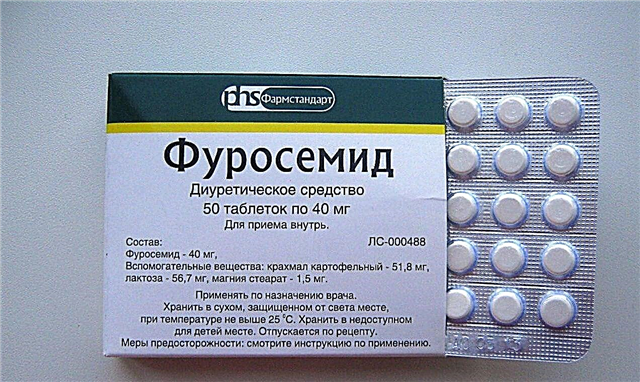
Furosemide is a diuretic and diuretic
- The child's diet contains foods such as green tea, juice, watermelons and melons, vegetables and fruits with a large amount of water in the composition.
- If the baby is overcooled, then urine filtration is accelerated.
Psychological reasons
From a psychological point of view, the child may also experience physiological pollakiuria, it has a temporary effect:
- Stress and overexcitation that occur when adapting to kindergarten, moving, family conflicts, cause adrenaline to be released into the blood, which, in turn, leads to increased excitability of the bladder.
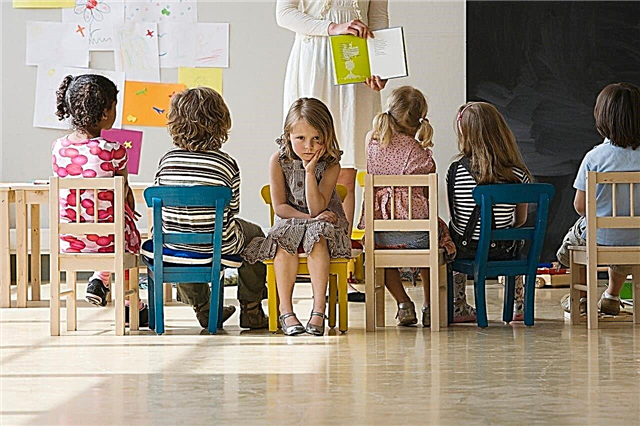
In the process of adaptation to kindergarten, pollakiuria may occur
- If the baby develops neurosis, neurasthenia or various psychosomatic conditions.
Note! Pollakiuria against the background of stress is temporary, lasts for 2-4 hours, rarely - about 10. If the baby has neurosis, then frequent urination is permanent, but this feature may not have a pronounced effect.
Diseases
Pathological diseases are diagnosed at a doctor's appointment. At home, it is possible to treat only uncomplicated urethritis or cystitis, other pathologies require a doctor's supervision on an ongoing basis.
The reasons why the child became restless and often write are associated with pathological diseases:
- Genitourinary system. It can be cystitis, pyelonephritis, glomerulonephritis, urethritis. Inflammatory processes occur against the background of the penetration of an infection into the body or after a cold.
Note! In some cases, the underdevelopment of the bladder is noted, which means: the nerve endings did not have time to form before birth, therefore they give an impulse to the brain to empty the organ.
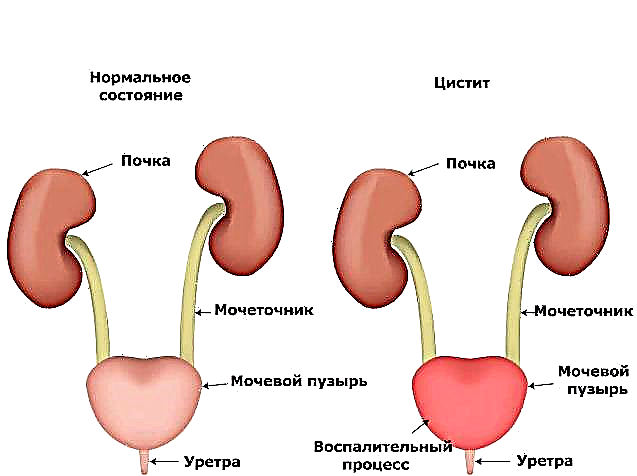
Normal bladder and cystitis
- Endocrine system. Sugar (insufficient production of insulin by the pancreas) or diabetes insipidus (lack of the hormone vasopressin).
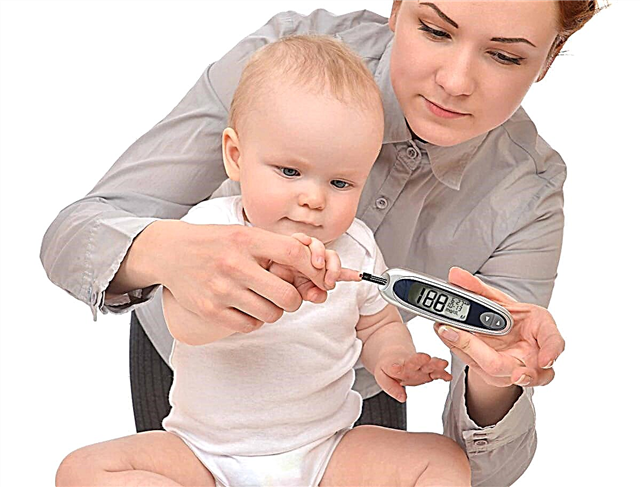
The baby has diabetes, the glucometer checks the blood sugar
- Central nervous system. If diseases of the genitourinary system are not diagnosed, then there is a possibility of disruption of the central nervous system. In this situation, you should visit a neurologist. Pathology occurs if the chain of nerve endings from the center of perception to the organ is cut off somewhere, which is why the bladder works "by itself."
With pathology, other symptoms may also be noted:
- pain when urinating in the lower abdomen;
- nausea or vomiting;
- mood swings, lethargy and increased fatigue, aggressiveness;
- temperature rise.
Additional Information. Also, the child pisses a lot and often due to pressure on the bladder from the outside. It could be due to the presence of a tumor in the abdomen or early pregnancy in adolescent girls. Diagnostics requires an additional visit to the oncologist and gynecologist.
Other situations
What to do if a child asks to use the toilet, but does not urinate is a question that worries parents. Before you go to the pediatrician, it is worth observing the child. Most often there is a psychological factor.
If the baby is afraid to "wet his pants", then he will ask to go to the toilet often because of reinsurance. In this case, it is worth explaining to the baby that you should not worry about wet clothes. You can not in any way scold the child, mock him.
If frequent urination is typical for the evening time of the day, then this may be due to the fact that the baby does not like to go to bed. That is why the baby begins to be capricious, trying to postpone the night's rest in accessible ways: asks for food, drink, pee. The mother should associate laying the baby with a pleasant ritual, tradition: to give a gentle back massage, tell a fairy tale, sing a lullaby.
What to do with pollakiuria
First of all, the presence of a physiological type of pollakiuria should be excluded, since it does not require treatment and after eliminating the cause completely disappears.
Important! If a child's frequent urination is caused by psychological factors or stress, you cannot laugh at the baby, scream, and even more so use physical violence. This behavior can only greatly aggravate the situation and cause a further complication - enuresis.
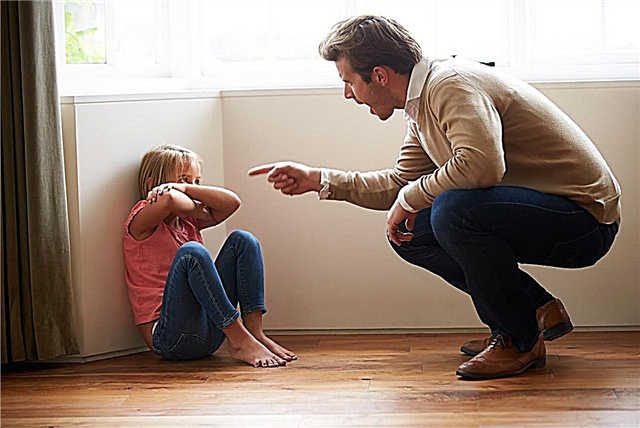
You can't yell at a child - this will aggravate the situation.
Correct diagnosis
If physiological pollakiuria is excluded, then the baby is assigned a medical examination and a general urine test (it is he who allows you to identify the most common cause of frequent urination - cystitis or pyelonephritis).
Depending on what results follow after a general urine test, additional laboratory or instrumental examinations are prescribed:
- test of Nechiporenko or Zimnitsky;
- blood chemistry;
- ultrasound of the kidneys and bladder;
- stress test with glucose;
- study of blood hormones.
Also, the doctor prescribes a consultation according to the indications with one of the specialists for an accurate diagnosis of the disease:
- nephrologist;
- endocrinologist;
- neurologist;
- psychiatrist;
- rarely a neurosurgeon.
Nutrition adjustment
Treatment involves establishing a diet. The following foods should be excluded:
- pickles, marinades and smoked meats;
- strong broths;
- mayonnaise and sauces;
- chocolate and sweets;
- sausages and offal;
- fresh herbs;
- legumes and chickpeas.
You may also need to temporarily eliminate dairy products.
Drinking regime are:
- clean water (children under one year old - up to 0.5 liters, from one year to 12 years old - 1 liter);
- dried fruits compote;
- fruit drinks from fresh or frozen berries.
When to contact a specialist
The following situations require immediate admission to the hospital:
- pain when urinating when the baby cries and screams;
- the color of urine has changed, a specific unpleasant odor, blood or even pus appeared;
- body temperature has risen.
If treatment is not provided, it will cause complications - the inflammatory process will turn into a chronic or acute form.
In order for any ailment to be diagnosed on time, it is worthwhile to show the baby to the pediatrician in a timely manner. A visit to the doctor will help exclude pathology or get adequate treatment for pollakiuria at home.

